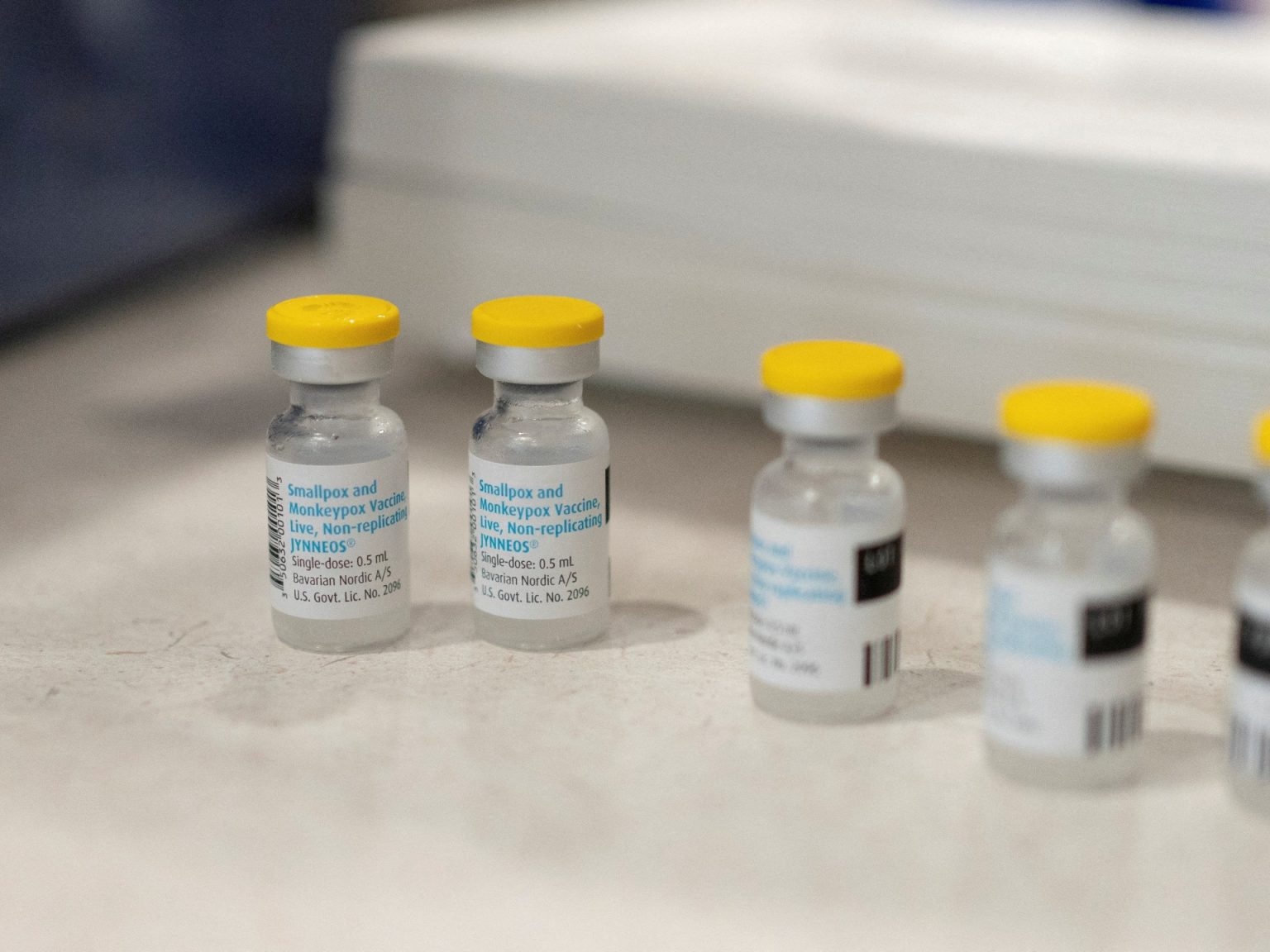The World Health Organization (WHO) has approved the use of a real-time PCR test for mpox, a viral disease that causes fever, aches, and skin lesions. This test, known as the Alinity m MPXV assay, allows for immediate detection of the virus by swabbing skin lesions, providing faster results compared to current testing methods. This approval is expected to increase testing capabilities in countries facing outbreaks of mpox, where the need for quick and accurate testing has become more urgent. Currently, in the Democratic Republic of the Congo (DRC), the epicenter of the current outbreak, only 37 percent of suspected cases have been tested this year, highlighting the need for improved diagnostic capabilities.
Mpox is a virus transmitted through human-to-human contact and contact with infected animals, and has been detected in 16 African countries this year. The African Union’s Centres for Disease Control and Prevention has reported over 800 deaths across the continent due to this disease. The real-time PCR test will allow laboratory and health workers to confirm suspected cases more efficiently by detecting DNA from rash samples, enhancing the ability to identify and contain the virus. Limited testing capacity and delays in confirming mpox cases have contributed to the continued spread of the virus in Africa, making the approval of this test crucial in addressing the outbreak and protecting communities.
The approval of the real-time PCR test for mpox under the Emergency Use Listing (EUL) procedure is a significant milestone in expanding testing availability in affected countries. The WHO is evaluating three new mpox diagnostic tests for emergency use and is working with other manufacturers to further expand the availability of diagnostic tools. The EUL procedure allows for a risk-based assessment of unlicensed vaccines, tests, and treatments to expedite their availability during public health emergencies, such as the current mpox outbreak. This approval aims to increase access to quality-assured medical products and assist countries in containing the spread of the virus, particularly in underserved regions where healthcare resources may be limited.
The latest mpox outbreak began in the DRC and has since spread to neighboring countries such as Burundi, Uganda, and Rwanda. Two strains of the virus are currently spreading: the clade 1 variant, which is endemic in parts of West and Central Africa, and the clade 1b variant, which is a new, more infectious strain that has raised international concern. Countries such as India, Thailand, and Sweden have reported cases of the clade 1b variant, highlighting the need for enhanced surveillance and diagnostic testing to prevent further spread of the virus. The WHO’s approval of the real-time PCR test for mpox is a crucial step in addressing the current outbreak and protecting vulnerable populations in underserved regions from the impact of this disease.













